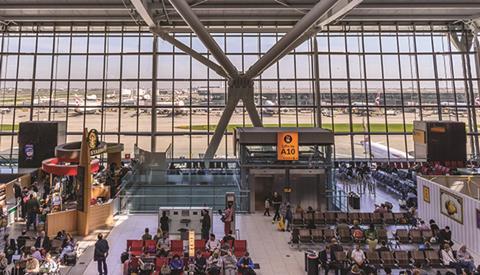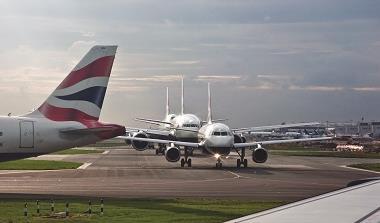This week’s much-anticipated announcement confirming the expansion of Heathrow Airport as the preferred option to address issues of airport capacity in the South East sends a strong message to the rest of the world that London is ‘open for business’, and is proactively investing in its future as a global powerhouse through large-scale infrastructure development.

There will undoubtedly be numerous challenges ahead in the delivery of a new runway at Heathrow, not least relating to noise and pollution concerns and the necessary additional capacity required in the road and rail network around the airport.
However, an expansion at Heathrow has wider implications for real estate markets across the capital and the wider South East. A sizeable regional economy across west London and the home counties was built over many decades due to the presence of Heathrow.
With it looking more certain that Heathrow will now retain its hub status, as well as a significant increase in capacity, this will provide reassurance to office and industrial occupiers across the whole of London and the South East that a key element of the region’s infrastructure will be retained and enhanced.
Widespread influence
After London, the Thames Valley is by far the most active part of the South East in terms of office occupation, supporting an average of 2.66m sq ft of take-up per year during the past two decades.
Similarly, Heathrow Airport itself also has widespread influence on industrial markets on London’s western fringe, with many businesses directly servicing the airport itself, or being major users of freight and cargo services.
CBRE expects that an expansion at Heathrow will lead to increased requirements for commercial office and industrial space within easy reach of the airport.

As we move closer to a resolution, occupiers can confidently make long-term location commitments with the certainty that the national and international connectivity that is vital to their businesses will continue to be on their doorstep. Since the Coalition government cancelled plans for a third runway at Heathrow in 2010, office leasing volumes were more subdued in the region, averaging at 1.81m sq ft per year, in part due to concerns over the future of Heathrow.
With the arrival of the Elizabeth Line on Crossrail in 2019, the government’s decision is a clear vote in favour of the London and Thames Valley economies. The Heathrow expansion should also have knock-on benefits to the rest of the UK, providing that vital connection for many regional airports, particularly those in Scotland, with the rest of the world.
Global position
With the UK’s looming departure from the EU, it is vital for international trade links that London maintains its position as a global powerhouse and, together with the rest of the UK, is able to connect with rapidly growing international markets particularly outside Europe.
Investment and expansion at Heathrow will help provide much-needed air capacity for the UK’s post-Brexit economy.
Adam Hetherington is London managing director at CBRE





























1 Readers' comment